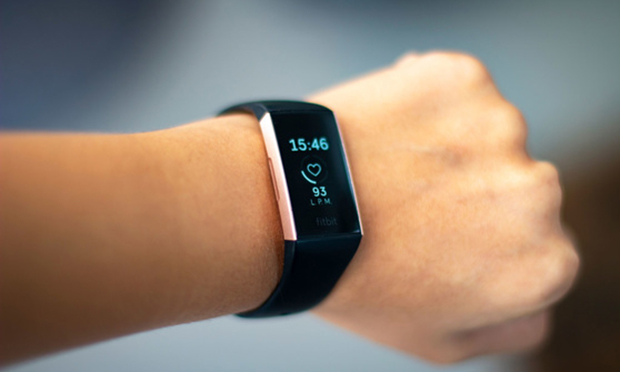As health care continues moving in the direction of using digital information, health care organizations must evolve their practices to uphold their responsibilities to their patients and ensure compliance with laws and regulations. For the benefits of digitized health services to be realized, companies need to ensure the safety of their patients’ data. Newer health technologies will result in more information being accumulated by organizations, requiring more trust by patients.
Big data and the Internet of Things have expanded the extent to which health information is collected. Wearable technology, such as watches, bracelets, rings and phone applications, can detect a wearer’s heart rate, activity, location, blood pressure, oxygen levels, fertility and other statistics. Constant monitoring of vital statistics gives health providers a more detailed picture of their patients’ health, but also results in larger quantities of patient data in the hands of health care organizations.










